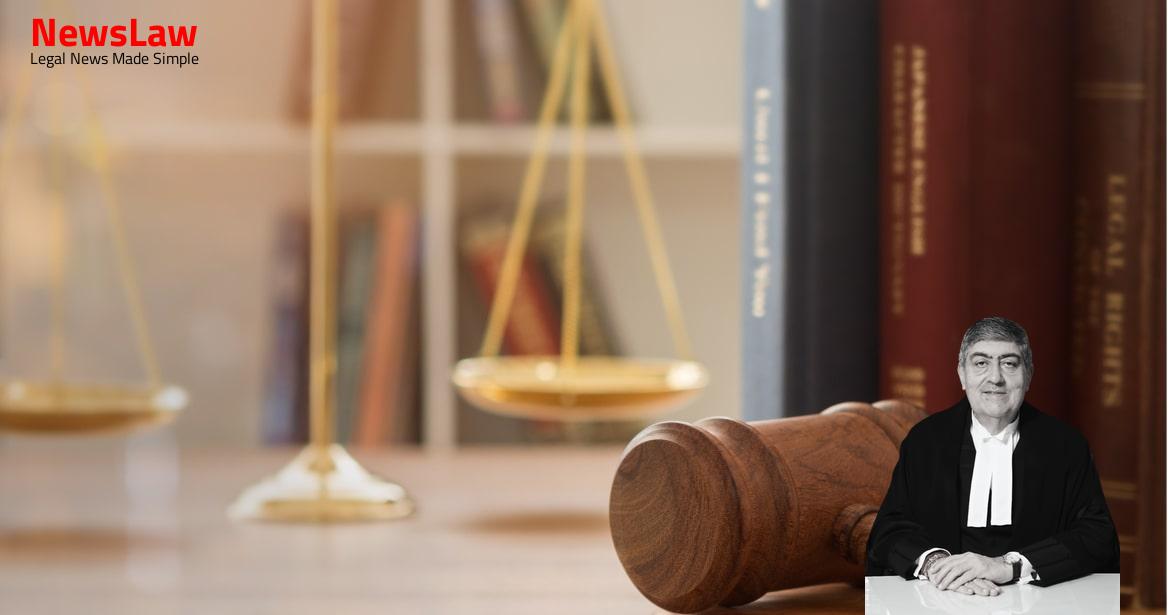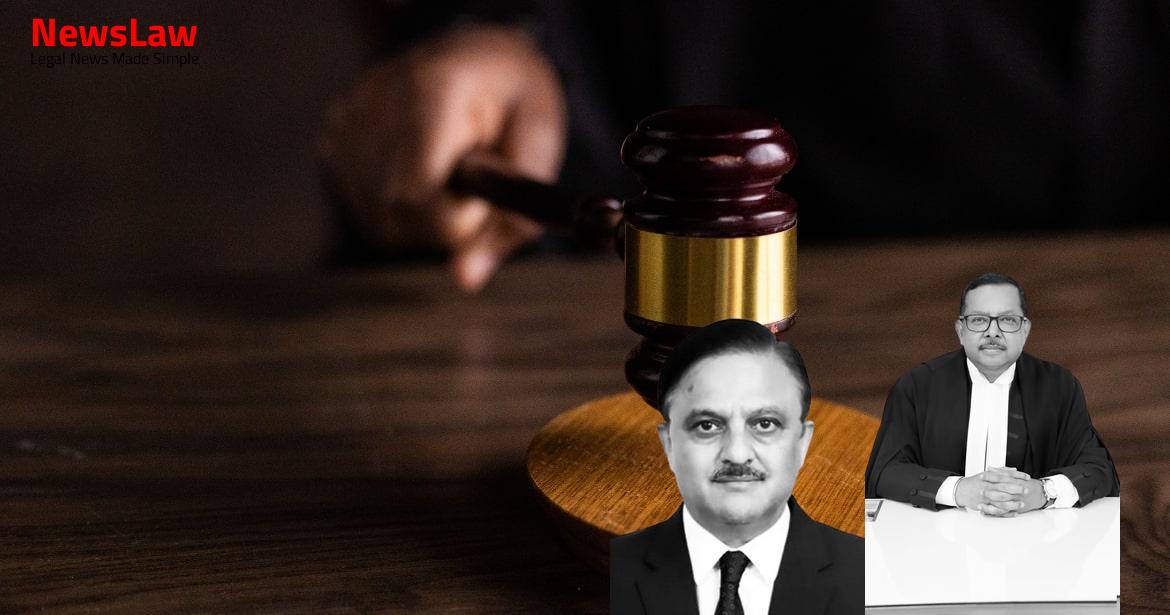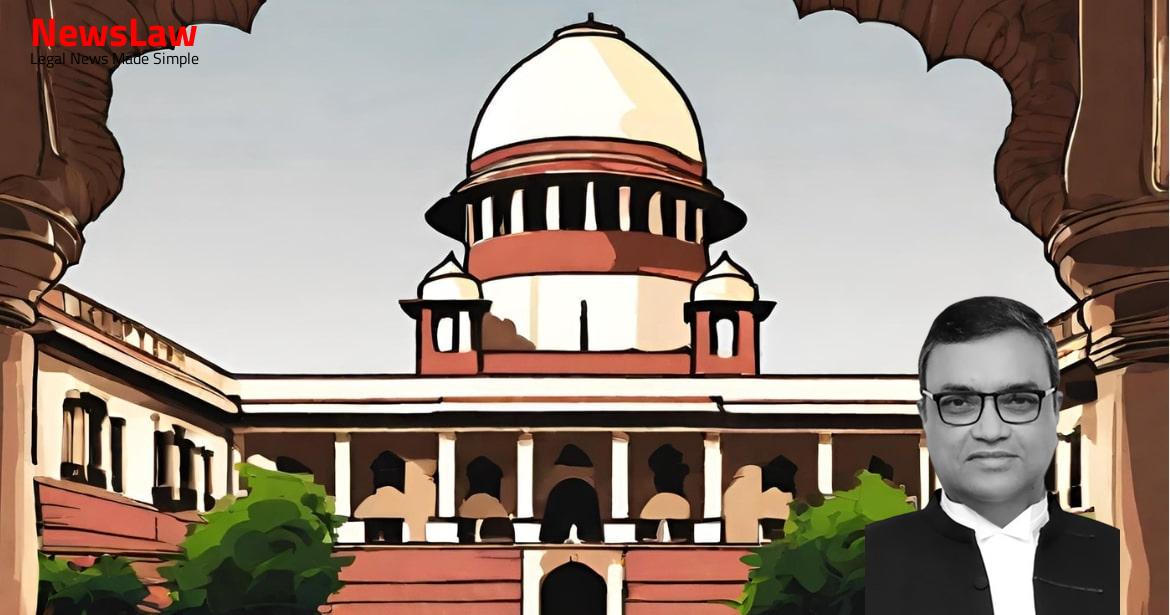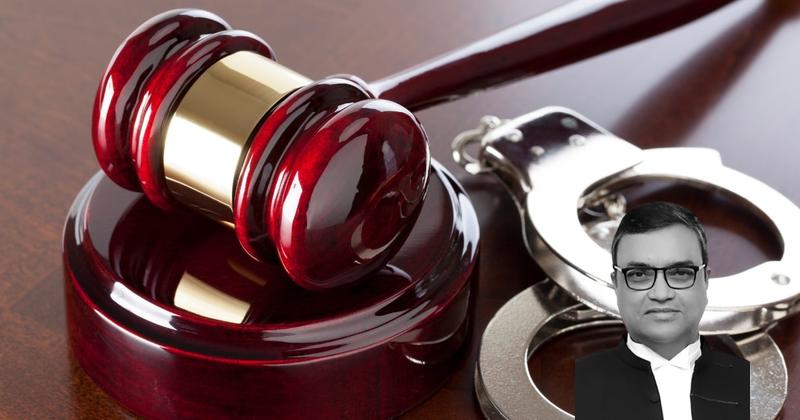The non-application of the general strict liability principle, in case of an insurance policy, is sought to be questioned, where an expanded meaning has been given to the relevant term of the insurance policy in order to grant insurance claim, now assailed before us by the insurance company, the Appellant herein, in view of the order dated 03.10.2017 passed by the Division Bench of Patna High Court in favour of Respondent No 1 herein.
Also Read: https://newslaw.in/supreme-court/selection-and-appointment-of-judicial-officers-in-himachal-pradesh/
The relevant Clause in question of the MoU is Clause 3, which reads as under: “Scope of Cover The insurance is intended to provide for the payment of compensation in the event of death only resulting solely and directly from accident caused by external violent and any other visible means.” On the MoU being executed, the State Government opted for a Group Insurance Scheme vide letter dated 10.02.2000 to cover its premium paying employees, who were appointed for election related activities.
Respondent No.2 wife filed a Writ Petition, being CWJC No.1781/2011, before the High Court of Judicature at Patna for quashing the aforementioned letter dated 20.11.2009 and sought payment of compensation amount of Rs.10 lakhs as per the insurance policy since her husband had died while performing election duty.
Thus, the Court opined that the primary responsibility to raise the claim under the policy was with the 4 officials of the State Government and that they did not raise the claim within the duration of the policy and permitted the policy to lapse. The appeal filed by the Chief Electoral Officer was premised on the plea to burden the liability to pay the insurance amount on the Appellant insurance company, as the insurance policy was stated to be subsisting on the relevant date. Therefore, on account of the employer’s failure, as an agent, to remit the premium amount, the insurance company, as the principal, will still have the liability to make payment of the insured amount. To support its view, the Court made the following observations:
Firstly, the net premium for the policy was paid to the insurance company by the Headquarters directly after deducting from the salaries of the police personnel; Secondly, insurance was taken on behalf of the police personnel under the signature of Director General and Inspector General of the Police or their name nominee; Thirdly, the police personnel was prohibited under rules from making any direct contact with the insurance company and all communications were restricted between the Headquarters and the insurance company; Fourthly, the police personnel did not have an individual right to take out the policy. On the issue of time for raising the insurance claim, it was opined that no time limit was prescribed and since all pre-requisites to the claim for the insurance policy were available, it was the exclusive liability of the insurance company to pay the insured amount. On behalf of the Chief Electoral Officer, a slightly divergent case as apparent from the impugned order was sought to be made before us countering any admission of liability to pay the insurance amount in the supplementary counter affidavit.
The letter dated 10.02.2000 issued by the Chief Electoral Officer had clarified that the primary burden to file the claim for insurance amount before the Appellant insurance company was on the wife of the deceased.
Let us say that even if the wife had not claimed and the Appellant insurance company were of the view, that the case was covered by the policy, then it was the bounden duty of Respondent No 1 to have lodged 10 that claim. Thus, whether the claim was admissible under the insurance policy or not, the conduct of Respondent No.1 would not entitle them to fasten the liability on the Appellant and would have to be borne by them if they are of the view that such an amount ought to have been made. The aforesaid could actually end the discussion before us but since the issue of the liability of Respondent No.1 has in turn raised the question about the incident being covered by the insurance policy, we consider it appropriate to even answer that question.
Insurance contracts are in the nature where exceptions cannot be made on ground of equity and the Courts ought not to interfere with the terms of an insurance agreement ( Export Credit Guarantee Corporation of India Limited vs Garg Sons International ). Consequently, the terms of the insurance policy, that fix the responsibility of the insurance company must also be read strictly.
Thus, even in the event of a death, it is only in the scenario where the consequent situation arises, i.e., it has to be solely and directly from an accident caused by external violence. Thus, an unexpected accident and unforeseen consequence or result from a normal or routine activity may constitute an accident but it would not qualify as “accidental means”.
Case Title: NATIONAL INSURANCE COMPANY LTD. Vs. THE CHIEF ELECTORAL OFFICER (2023 INSC 104)
Case Number: C.A. No.-004769-004769 / 2022



